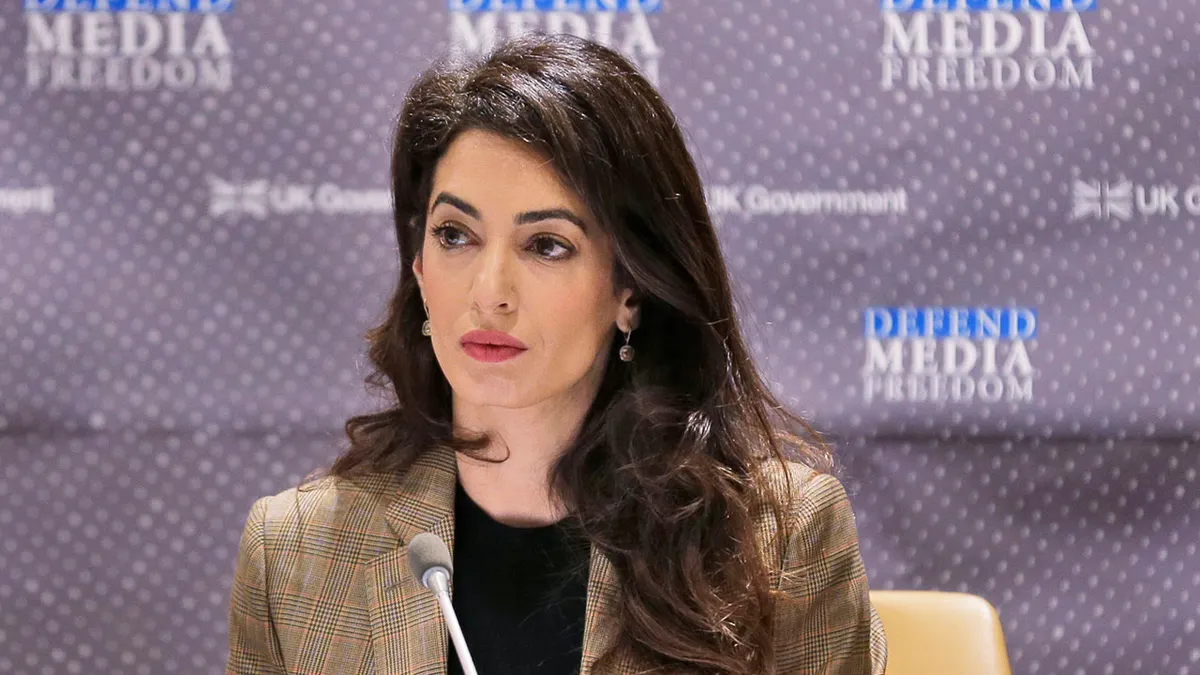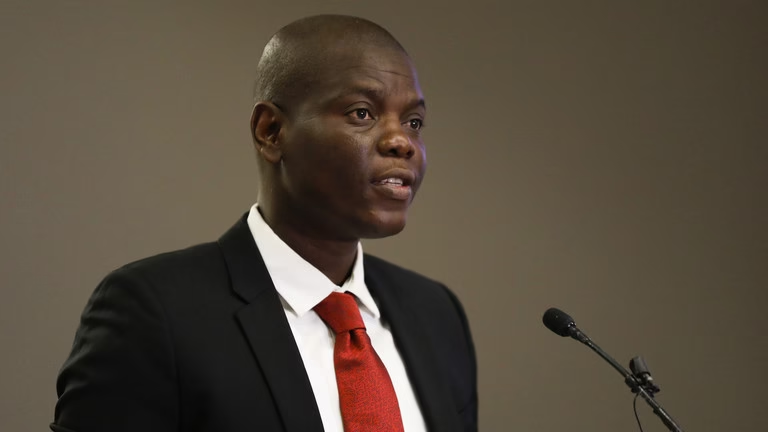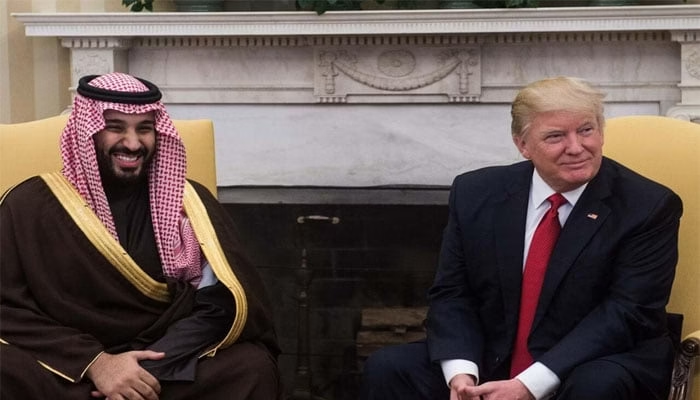Human rights lawyer Amal Clooney disclosed on Monday her involvement in aiding the International Criminal Court (ICC) in evaluating evidence that led to the pursuit of arrest warrants for prominent Israeli and Hamas figures.
The prominent British-Lebanese barrister shared a statement via the Clooney Foundation for Justice’s website, an organization she co-founded with her husband, American actor George Clooney. Despite prior criticism on social media for perceived silence on the civilian casualties in Gaza, both Clooney and the foundation stepped forward to engage in this critical legal endeavor.
Clooney revealed that she was invited by prosecutor Karim Khan to contribute to an expert panel tasked with assessing evidence related to suspected war crimes and crimes against humanity in both Israel and Gaza.
Coinciding with Clooney’s statement, Prosecutor Khan announced his intent to seek arrest warrants for Israeli Prime Minister Benjamin Netanyahu, Defense Minister Yoav Gallant, and key Hamas leaders.
In her assessment, Clooney emphasized the unanimous agreement among panel members, despite their diverse backgrounds, regarding the legal findings. She pointed to “reasonable grounds to believe” that Hamas leaders Yahya Sinwar, Mohammed Deif, and Ismail Haniyeh were involved in acts such as hostage-taking, murder, and crimes of sexual violence. Additionally, Netanyahu and Gallant were implicated for their alleged roles in starvation tactics, murder, persecution, and extermination.
Acknowledging Clooney’s contribution, Prosecutor Khan expressed gratitude in his statement announcing the decision to pursue the arrest warrants. Moreover, Clooney and fellow panel members authored an opinion piece in the Financial Times supporting ICC prosecutions for war crimes in the conflict.
While facing denunciation from Hamas, Israel, and their key ally, the United States, the experts stood firm in their assertion that the prosecutor’s work was thorough, fair, and legally sound.
In her statement, Clooney clarified her approach, highlighting her commitment to allowing the work to speak for itself rather than offering ongoing commentary. She reaffirmed her dedication to upholding the rule of law and protecting civilian lives, underscoring the universal applicability of laws safeguarding civilians in times of conflict, irrespective of the circumstances.



